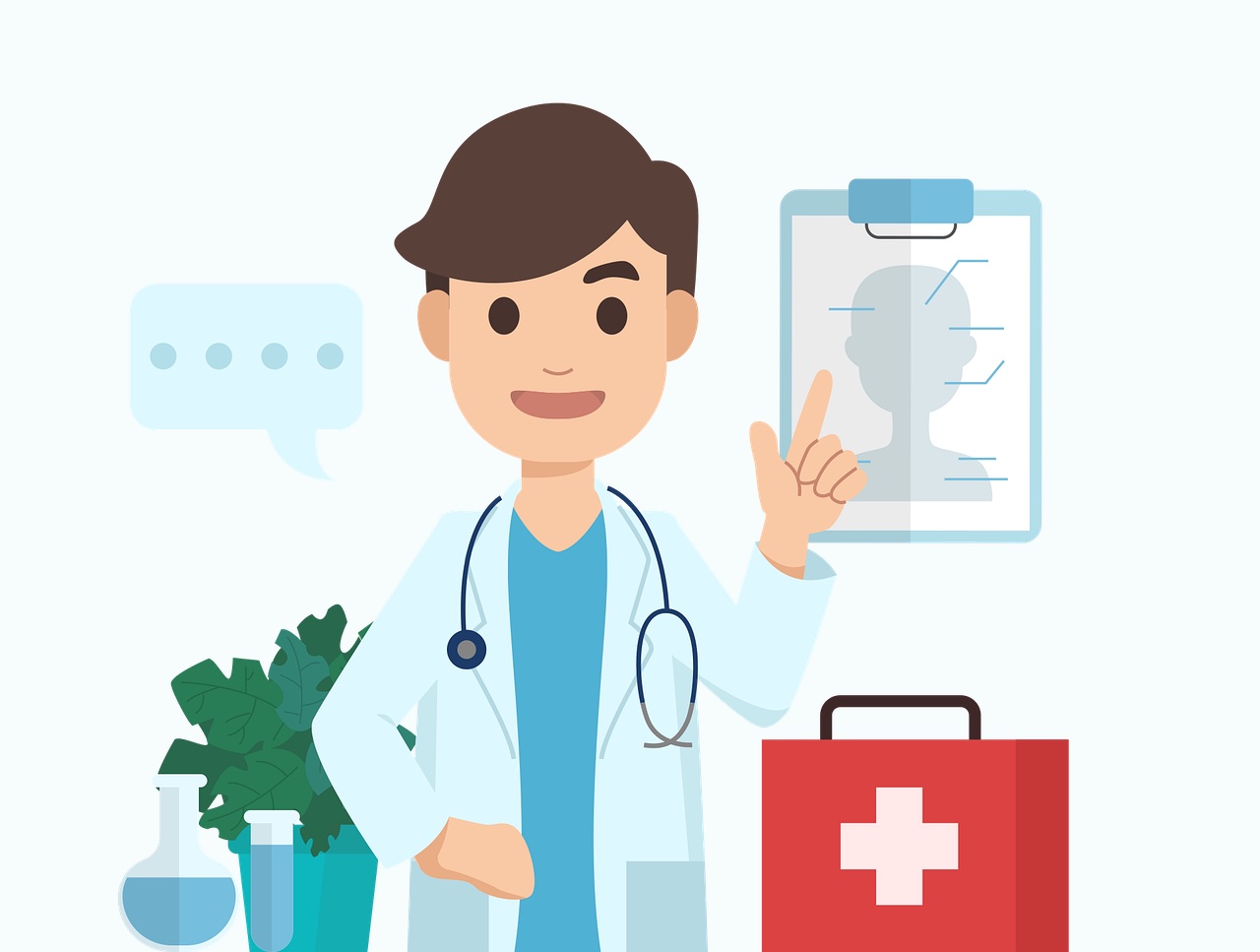
Are you wondering if you are at the level of a second-year resident, ready, able, and willing to handle overnight shifts independently so early in the year? Here are the top nine ways you know if you are prepared to take call!
Methodical Thinking/Search Patterns For Each Imaging Study
Do you have a search pattern for every case you attempt to tackle? When reading a CT scan, you should have the same search pattern for every study, including abdomens, necks, heads, legs, and more. Do you have a specific way you approach each of the sequences on an MRI? This approach is the minimum for starting as a resident on call!
Know When To Get Help
If you are not sure about a finding, what do you do? To answer this question, if you are ready for overnights, you will not blurt out the first idea that comes to your mind. Instead, maybe you will contact the ER physician to get more information or do a google search. Knowing when you don’t know something takes maturity and poise.
Don’t Get Too Shaken By The Mob
It’s always tough when you have a team of tired surgeons hanging on your every word. And they want a STAT read yesterday. Nevertheless, you have the confidence to plow through any case with a stream of eyes and ears watching your every move. They will have to wait until you are ready to give them your impression!
You Know All The More Common Disease Entities And Findings That Will Kill Patients Or Cause Severe Morbidity
If you can make the findings of a patient with diverticulitis, aortic ruptures, bleeds, pneumothoraces, and more, you are more than halfway to your goal of taking call. When taking cases independently, these entities should be on top of your mind. And, you should be actively looking for them when you take any study. Those that do will be unlikely to make any significant misses!
Can Tell Normal Versus Abnormal Fairly Quick
When you have seen enough cases, your brain can tell if an image is normal or abnormal before you can verbalize what the problem might be. You have already trained your brain to know what the general findings of a normal case should be. Therefore, you can look at almost any study and know that you should pursue it further if you assess it as abnormal!
You Make The Findings Before Your CT Attending Does
This one is not a requirement. Nevertheless, it is a good sign. If you can make the findings before your faculty member does, you have already been preparing for the time you would start to take calls. Kudos to you!
Notice A Sigh Of Relief When Your Attending Knows You Are On
Knowing when you are wanted can take a bit of emotional EQ. But, if you notice that your attending’s blood pressure drops by a bit and calms down when you arrive in the morning to work on the day’s rotation, this is generally a good sign. You have your faculty trained to know that you do good work.
You Get Phone Calls From ER Physicians To Ask Your Opinion
You are probably doing a fabulous job if you are getting phone calls asking for you by name because they like your reads. Most ER physicians will not actively seek out a junior radiologist instead of faculty to see what you think. You should be honored that they respect your judgment!
Seasoned Technologists Actively Look For You During The Day
Yes, technologists do know a lot. They most likely have been in the same job for years and have seen many cases. If these folks actively seek you during the day to get your opinion over others, you probably know a thing or two. That’s the ultimate compliment!
Are You Ready To Take Call?
Don’t worry if none of these statements pertain to you early in the year. You still have a bit of time. However, try to make some of these signs your goal before the start of your first call. At that point, you will get the hint that you are ready!






